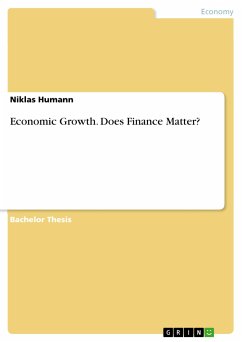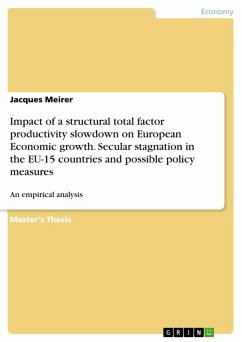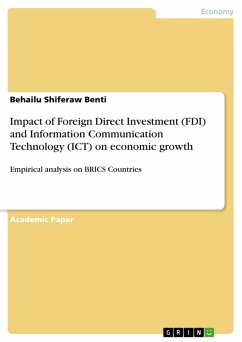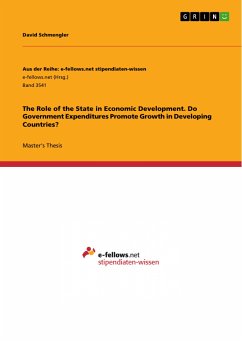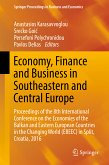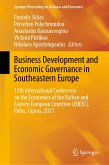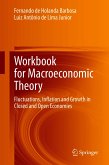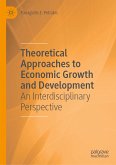Bachelor Thesis from the year 2021 in the subject Economics - Finance, grade: 1.0, University of Münster, language: English, abstract: While it is fair to say that almost all countries are better off than they were 70 years ago, this wealth seems to be distributed ever more unequally. One of the most significant questions - not just in economics, but social sciences in general - is how these differences came to be and what can be done to reduce them. Why do some countries thrive while others perish? What determines their growth? This thesis explores one aspect of economic growth: the importance of a well developed, that is deep, accessible, efficient, and stable financial system. The discussion of this finance-growth-nexus can be traced back all the way to Schumpeter (1911) and was more recently revived by King and Levine (1993). Since then, numerous studies have investigated the subject - to this day without reaching a consensus. The objective of this thesis is to not only review some of the empirical and theoretical evidence , but to also replicate and expand on the research with recent data and a novel approach to measuring financial development. To this end, the author has compiled an unbalanced panel of 121 countries over the period from 1960 to 2017, which will serve as a basis for the empirical part of the argumentation
Dieser Download kann aus rechtlichen Gründen nur mit Rechnungsadresse in A, B, BG, CY, CZ, D, DK, EW, E, FIN, F, GR, HR, H, IRL, I, LT, L, LR, M, NL, PL, P, R, S, SLO, SK ausgeliefert werden.

